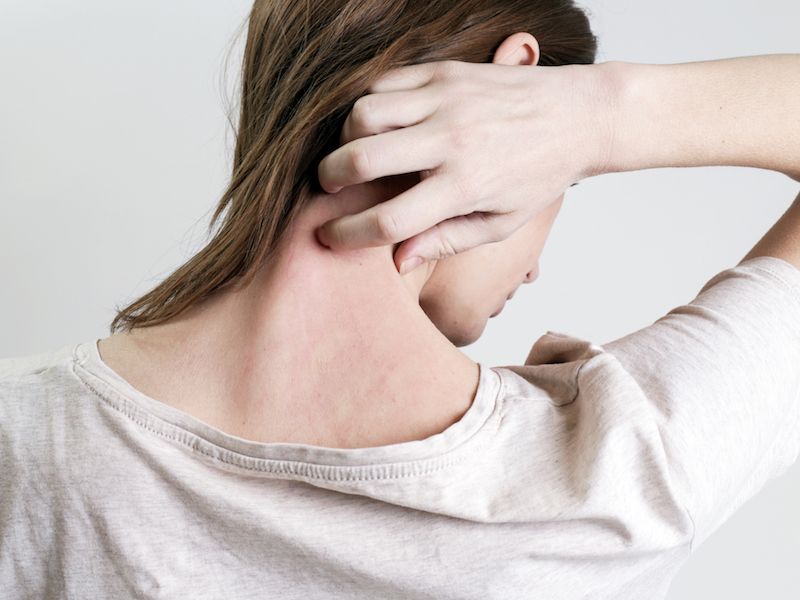
When you think of psoriasis, you likely recall all those commercials showing people with skin problems. Psoriasis is more than skin issues and really impacts your general health. Psoriasis is often misunderstood and minimized, due to a lack of knowledge of how psoriasis impacts sufferers as well as the serious conditions that can be related to this disorder. Even though plaques on the skin are its most visible sign, they’re indicative of what psoriasis can do in the whole body: Continuous Irritation that can raise the danger of metabolic problems and cardiovascular disease.
New research reinforces the body of research linking another significant issue to psoriasis: Hearing loss. Published in The Journal of Rheumatology, The relationship between mental health, hearing impairment, and psoriatic arthritis were looked at in this research. Psoriatic arthritis has an affect on the joints, and is a kind of psoriasis, causing inflammation, difficulty moving, and pain. Sufferers could also have psoriasis, but with psoriatic arthritis, it’s possible to have irritation without also experiencing the tell-tale plaques.
With psoriatic arthritis, the body is basically targeting its own healthy cells in the same way that it does with rheumatoid arthritis because they are all autoimmune diseases. But psoriatic arthritis is different from rheumatoid arthritis because it’s frequently asymmetrical (so you could have it in one knee but not the other), and that aside from joints, it frequently targets sufferer’s nails (resulting in painfully swollen toes and fingers) and eyes.
Based on the findings of this recent study, hearing could also be affected by psoriatic arthritis. A significant control group of people with neither psoriasis or psoriatic arthritis were compared to people who had one or the other problem. They found that the group with psoriatic arthritis was more inclined to report hearing impairment, and audiometric screening supported the self-reports. Even when other risk factors are considered, people diagnosed with psoriatic arthritis were significantly more likely to suffer from hearing loss than either {psoriasis sufferers or the control group}.
But that’s not to say there’s no connection between psoriasis, psoriatic arthritis and hearing loss. A 2015 study found that individuals who have been diagnosed with psoriasis are at a substantially higher risk of getting sudden sensorineural hearing loss, or sudden deafness. With sudden sensorineural hearing loss, sufferer’s ability to hear decreases significantly in three days or less. It has numerous potential causes, but researchers theorize that people with psoriasis are in greater danger because of the kind of fast inflammation that happens during a flare-up of psoriasis symptoms. The hearing might be impaired if this takes place near or in the cochlea. In some instances, treatments that decrease psoriasis symptoms may be used to deal with this form of hearing loss, but hearing aids are often recommended when other treatments don’t appear to be working.
It’s important to keep track of your hearing if you suffer from psoriasis or psoriatic arthritis. Plan your annual healthcare appointment along with regular hearing tests. The inflammation due to these diseases can lead to inner ear damage, which can result in psoriasis and loss of balance. There are also links between psoriasis, psoriatic arthritis, depression and anxiety, both of which can be further exacerbated by loss of hearing. Loss of hearing is something you want to catch sooner rather than later because untreated loss of hearing can lead to other health troubles such as dementia.
Awareness is key, and working with your doctors and frequently getting your hearing tested can assist you in keeping in front of symptoms with timely intervention. You shouldn’t have to sacrifice your quality of life for psoriasis or for loss of hearing, and having the correct team by your side can make a big difference.
